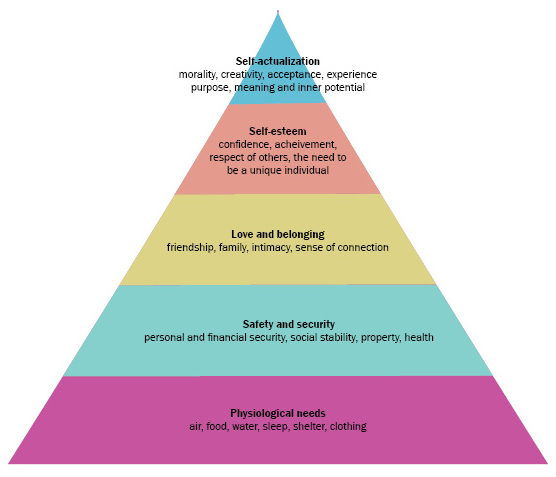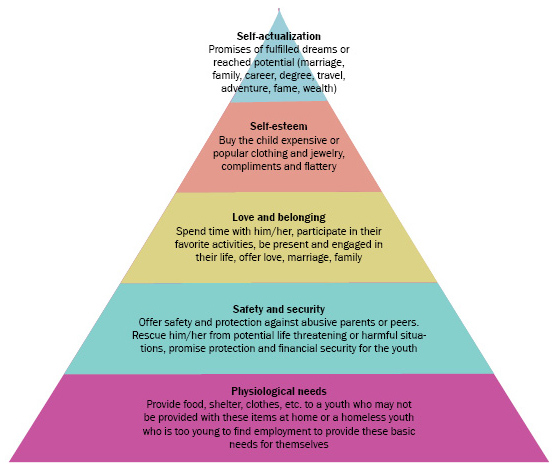According to the National Runaway Switchboard, between 1.6 and 2.8 million young people run away from home each year. These runaway youth need food and shelter, and may also be looking for acceptance and love they didn’t get at home. Their need to survive combined with their desire to be loved puts them at high risk of being trafficked.
Teens have a variety of reasons for running away, but the most common reasons may surprise you. One of the myths about runaway teens is that they leave home because they don’t want to follow their parents’ rules. The truth is that many leave home because they’re being abused, or because a family member is an addict. Many runaways honestly think they’ll be safer on the streets than at home, because “home” is violent and dangerous.
There is another disturbing trend on the rise among runaway teens – leaving home because they’ve been ostracized or even punished because of their sexual orientation. Studies have shown that between 20 and 40 percent of runaway youth identify themselves as LGBT, though the actual number could be much higher because some LGBT teens don’t self-identify.
For these kids, the place where they were supposed to be loved and kept safe becomes a place of isolation and neglect because their parents and/or siblings are unwilling to accept their sexuality At best these kids experience isolation, at worst – violent conflict and abuse.
LGBT teens who run away are not always welcome in shelters, either. They may experience the same isolation they experienced at home, causing them to live on the streets, where they’re at even greater risk of being trafficked. Traffickers and pimps prey on vulnerable kids, promising them money, shelter, and the acceptance they so desperately long for. But instead of finding a safe, happy new home, these kids find themselves forced into prostitution, threatened with violence if they try to leave.
Parents who struggle to accept a child’s LGBT lifestyle would never want their kids to be harmed or exploited. Shared Hope encourages parents to seek out resources that can help the entire family process and talk through their thoughts and feelings, and make sure the home is a safe and loving environment for every family member.
Here are a few resources (please note the resources may not reflect the opinion of Shared Hope):








